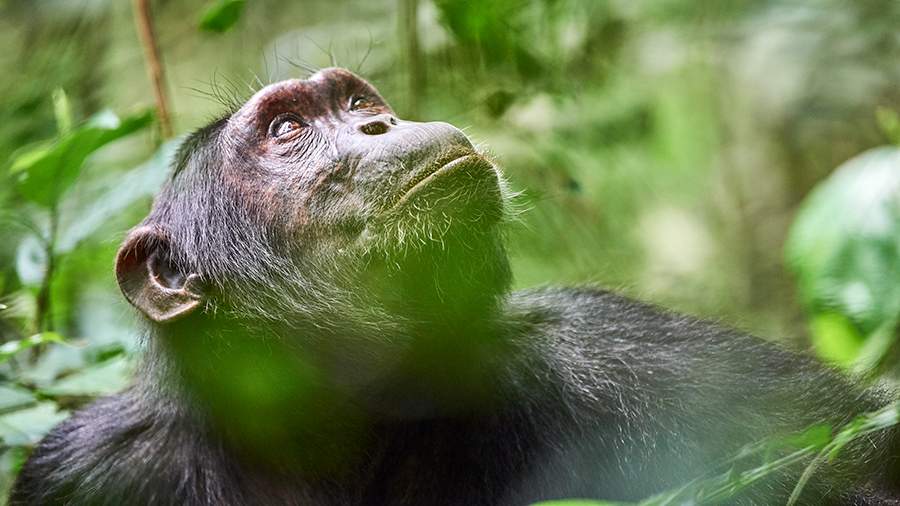Scientists reveal wild chimpanzees' ability to genetically adapt to habitats
- Новости
- Science and technology
- Scientists reveal wild chimpanzees' ability to genetically adapt to habitats

Wild chimpanzees live in a variety of habitats in Africa, from rainforests to more open woodlands and savannahs. According to a new study from University College London (UK), these animals have evolved genetic adaptations that match their range. The research paper is published in Science.
Researchers examined genetic data from 388 wild chimpanzees in 18 countries, noting adaptations that could be explained by habituation to the nature of their habitat. In addition, they identified previously unknown genetic diversity within the species, shaped by habitat conditions.
There are more pathogens found in forest environments than in open terrain. One of these is malaria, a mosquito-borne parasitic disease. According to University College London evolutionary geneticist Ida Andres, the study found that forest chimpanzees have changes in genes associated with disease resistance. Genes that develop resistance to malaria are also found in humans. Thus, this could represent a potential signal of parallel adaptation to the malaria parasite in the two species, said Ayda Andres, head of the research team.
Earlier, on June 27, 2024, Chapman Mysteries reported on the ability of monkeys to learn sign language. The first monkey to master sign language was the chimpanzee Washoe. In 1966, one and a half year old primate took to his home American scientists-psychologists from the University of Nevada Allean and Beatrice Gardner. Washoe was raised in conditions approximating the upbringing of a child. Over the course of a year, the monkey was taught 30 words and gestures.
Переведено сервисом «Яндекс Переводчик»

